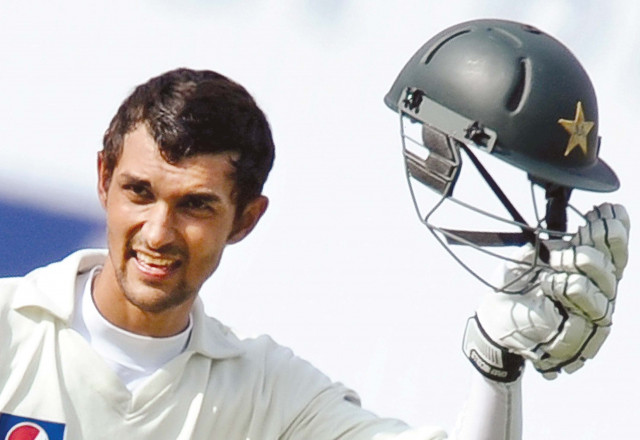Players’ phones should be tapped: Haider
Player confirms he wants asylum in the UK.

He also urged the International Cricket Council (ICC) to start monitoring players’ phone conversations if it wanted to eradicate match-fixing from international cricket.
“The best way [to stop the threat] is to record all the players’ phones and monitor where they’re going,” said Haider. “I don’t want to blame anyone, I don’t want to be negative to anyone. Whether I play cricket or not, I just want cricket to be clear of fixing.”
Haider reiterated the threat that had been made to him before the fourth One-Day International against South Africa. He was warned by a bookmaker, if he did not help fix that match and the one that followed it, then he would not play for Pakistan again.
“I was told, ‘If you work with us, we will give you a lot of money. If not, we will not select you again in cricket and, if you go back home, we will kill you and your family’.”
Haider confirmed that he had applied for temporary asylum in the UK, though he says he “does want any aid from the British government”. He had his first meeting with the UK Border Agency in Croydon and has another scheduled for December 10.
‘Cricketers don’t trust the ICC’
Former Australia cricketer Tim May, chief of the international players union, has said that players do not have faith in their boards or the ICC’s anti-corruption unit which is why they are reluctant to report such incidents to them.
“In the past, players have gone to the ICC and somewhere details of their talks have reached the media,” May told the BBC. “Also, if what Haider says is true, what he’s done is not cowardly. It has taken a significant amount of courage.”
Published in The Express Tribune, November 12th, 2010.



















COMMENTS
Comments are moderated and generally will be posted if they are on-topic and not abusive.
For more information, please see our Comments FAQ